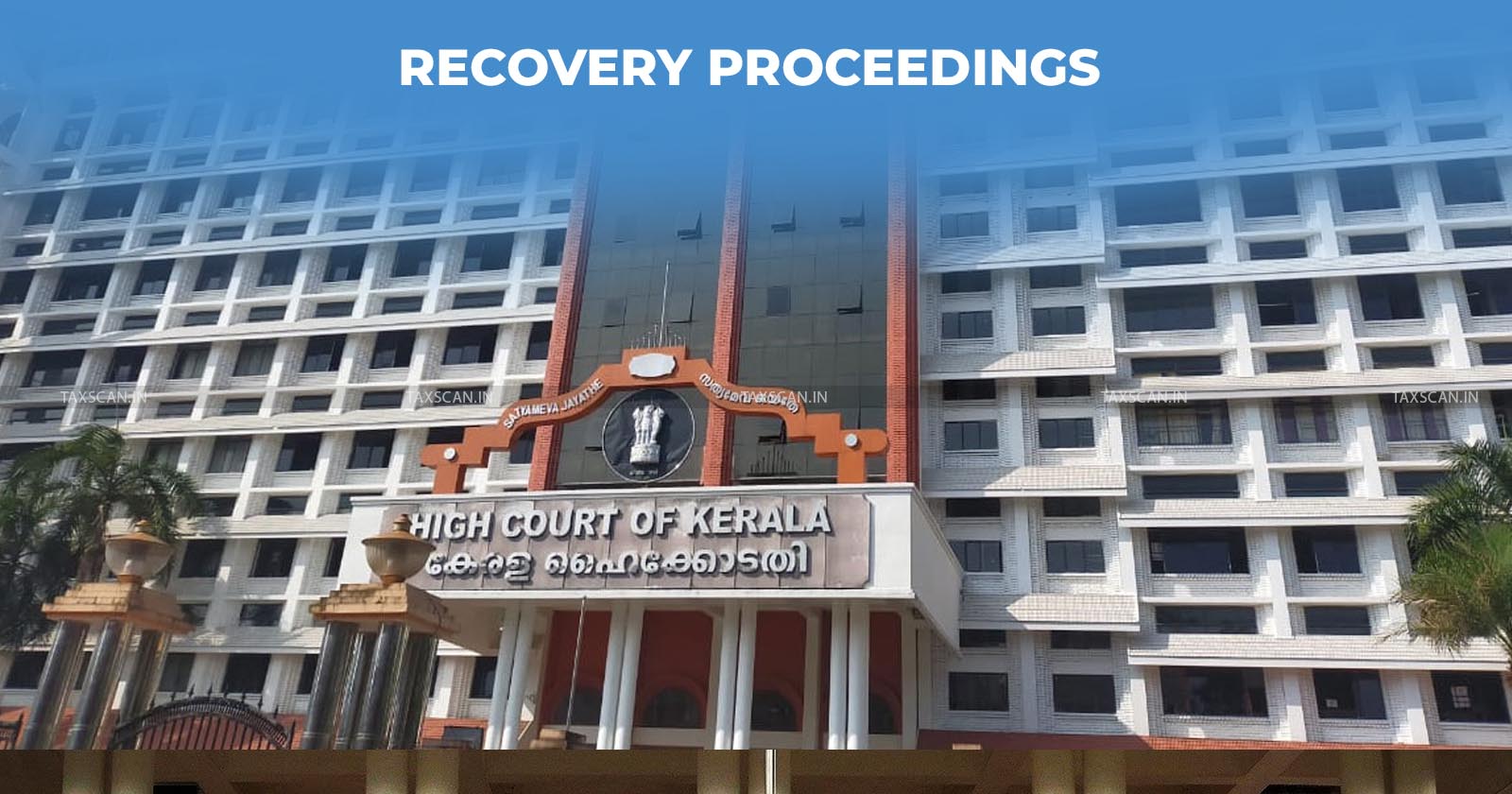Lagos OPD Marks 25 Years with N815m Recovery and 200,000 Petitions

A Legacy of Justice: The 25th Anniversary of the Bureau of Public Defender in Lagos
The Bureau of Public Defender (BPD) in Lagos has come a long way since its establishment in July 2000 under the administration of Governor Bola Tinubu. Initially conceived as a modest unit under the Directorate for Citizens’ Rights, it has grown into an autonomous agency that is now a cornerstone of the Lagos justice system. Its mission to democratise access to justice and ensure that vulnerable groups—women, children, the poor, and others—receive legal representation and protection has become a model of people-centred justice.
This year’s 25th anniversary celebration was more than just a ceremony; it was a profound reflection on the progress made, the challenges still ahead, and the enduring importance of access to justice in governance. Leaders from law, governance, and advocacy gathered at the Civic Centre in Victoria Island, Lagos, to celebrate the silver jubilee of the Office of the Public Defender (OPD) and reflect on its journey, impact, and future.
Governor Babajide Sanwo-Olu, who chaired the event, described the OPD as one of Lagos State’s boldest innovations in governance. He highlighted how the office has “defended the defenceless, given voice to the voiceless, and made justice accessible to every resident regardless of means.” According to the governor, since its inception, the office has recovered N815,260,993.43 and $52,884.59 in compensation and monetary claims on behalf of indigent clients. Over the last six years alone, the BPD handled 49,856 cases in court, winning 86 per cent of judgments, and resolved 14,606 petitions through mediation.
Beyond the courtroom, the BPD has delivered over 57,000 services, including legal advice, criminal defense, rescuing victims of abuse, protecting children in conflict with the law, and resolving employment disputes at the National Industrial Court. These efforts have touched countless lives, restored futures, and reclaimed dignity.
Lagos State Attorney-General and Commissioner for Justice, Lawal Pedro (SAN), framed the OPD’s 25-year celebration as both a milestone and a challenge to deepen institutional capacity. He praised the foresight of those who conceived the OPD in 2000, stressing that its transformation into a Bureau earlier this year was a deliberate step to anchor it within Lagos’ justice architecture. Pedro emphasized that the occasion was not only an official duty but also a reflection on the story of justice in Lagos and the promise to make it available to all, regardless of status or circumstance.
Former Vice President of Nigeria, Prof. Yemi Osinbajo (SAN), highlighted that Lagos had achieved consistency in justice-sector policy, a rarity in Nigeria. He noted that successive governments have kept the idea growing, leading to a complex institution with nine outlets across the state, providing real, tangible services that protect women, children, and vulnerable persons from abuse, unlawful detention, and denial of justice.
Keynote speaker, Retired U.S. Judge Ann Claire Williams, described Lagos as a “rock star” in justice reform. She praised the leadership and board of the BPD, emphasizing that the struggle for justice is global and that we must never give up.
Former chairman of the Independent Corrupt Practices and Other Related Offences Commission, Prof. Bolaji Owasanoye (SAN), urged the OPD to prepare for the challenges of the digital era. He argued that public defence is central to anti-corruption and governance, and that without access to justice, impunity thrives.
The anniversary featured panel discussions about the challenges ahead. Legal practitioners and academics pressed for reforms to sustain OPD’s momentum. They called for increased investment, digitisation, better data gathering, and stronger partnerships with private firms and the Legal Aid Council.
As the BPD looks to the future, it must continue to innovate, secure adequate funding, and leverage technology to reach more people. The next 25 years must build on this foundation, ensuring that access to justice remains a constitutional requirement and a democratic imperative.
